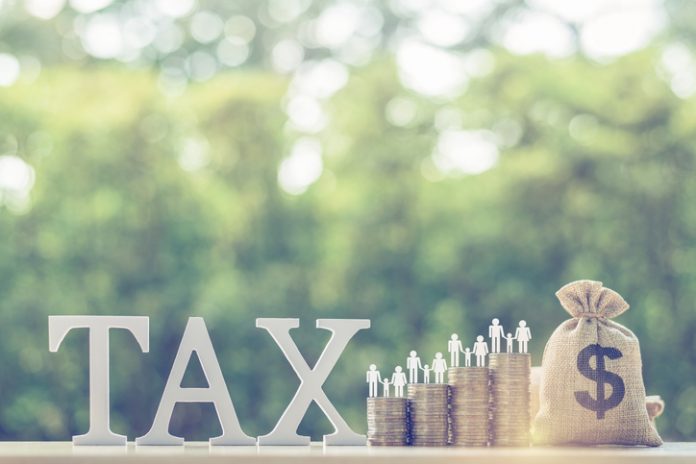Stock buyback tax shows low tax rates encourage compliance, says Merrill Matthews of the Institute for Policy Innovation.
One of the conservative and libertarian mantras is that low tax rates, whether they’re applied to individuals or corporations, encourage compliance. High tax rates promote tax avoidance. And extortionary tax rates can lead to tax evasion, which is illegal, or at least to creating novel interpretations of tax law whose legality will ultimately be tested in court.
The new corporate tax on stock buybacks provides the latest evidence for this claim.
The Democrats’ Inflation Reduction Act includes a 1 percent, non-deductible excise tax on “repurchases” of companies’ corporate stock beginning in 2023. The Institute for Policy Innovation opposed this new tax, as did most companies that have stock on a listed stock exchange.
Even though some Democrats wanted a much higher rate, they settled for 1 percent to get the votes needed to pass the IRA. But also because they know they can and will push for a rate increase in the future.
The important point for our purposes is how companies are responding to the tax.
As the Wall Street Journal writes, lots of companies have been buying back their stock. And even though they aren’t happy about the 1 percent excise tax, the rate is so low that it isn’t really affecting their buy-back decisions.
The WSJ quotes Michael Mullican, CFO of Academy Sports and Outdoors, as saying, “We don’t like the tax; nobody likes it. But it’s not significant enough to where it would sway our thinking.”
Scott Settersten, CFO of cosmetics company Ulta Beauty, Inc., explains, “The 1% is not going to make us change our approach in the near term. For us, it’s not meaningful.”
And Overstock’s CEO, Jonathan Johnson, is quoted, “It won’t stop us from it [stock buybacks]. It’s just a little bit of a toll on that road.”
Taxes distort economic decisions. The lower the tax rate, the less the distortion. What these companies are saying is a 1 percent tax on stock buybacks is not enough to fundamentally change their repurchase plans.
But notice their statements included some caution: “not significant enough” and not going to change their approach “in the near term.” Had the tax been, say, 5 percent or 10 percent, it almost certainly would have affected these companies’ buyback decisions. They would have repurchased fewer shares or perhaps none at all. In the latter case, the federal government would have received none of the $75 billion expected revenue over 10 years from the buybacks.
Tax rates matter. Low rates, whether it’s income, property or excise taxes, create fewer economic distortions and encourage compliance—and eliminate any supposed need for thousands of new IRS employees. High rates, which always seems to be Democrats’ goal, have exactly the opposite effect.
Originally published by Institute for Policy Innovation. Republished with permission.
For more great content from Budget & Tax News.











